Portable Toilet Vacuum Trucks For Sale – A well-made frying pan or a durable pair of boots might not have the cachet of a designer handbag, but their value lies in their functionality and reliability. This ensures that the product is fully functional and free of defects, providing peace of mind for buyers. To mitigate this risk, buyers should ask for detailed photos, read product descriptions carefully, and inquire about the condition of the item before making a purchase. The online second-hand market has also made it possible for people to buy and sell niche items that may not be available in local stores. Everything for sale. Overpricing an item can lead to it sitting unsold, while underpricing it can result in lost potential revenue. Economic downturns, for example, can influence the types of businesses that are put up for sale, as struggling companies may look to exit the market. For people looking to furnish their homes, build a wardrobe, or invest in certain hobbies or collections, second-hand goods often provide a way to access items they might otherwise be unable to afford. This shift from a linear economy, where products are made, used, and disposed of, to a circular one, where products are continually reused and repurposed, is a step towards a more sustainable and environmentally friendly world. For the seller, the goal is often to maximize the value of the business, while for the buyer, the focus is on ensuring that the investment is sound and that the business can continue to thrive under new ownership. In a world where everything is for sale, it’s easy for the vulnerable and the marginalized to be taken advantage of. One common concern is the risk of purchasing items that are damaged or not as described. Both the buyer and the seller are seeking the best possible terms, and finding common ground can be a challenge. This is particularly evident in industries such as furniture, clothing, and electronics. Similarly, during periods of economic growth, there may be a greater willingness to spend on luxury second-hand items, such as high-end fashion or collectible items. When someone buys a second-hand item, whether it’s a piece of furniture passed down through generations or a retro jacket from a bygone era, they are not just acquiring an object; they are connecting to a story, a memory, or a cultural moment. For many, purchasing second-hand goods is not only a practical and affordable choice but also an environmentally conscious one. In this digital age, it often feels like there’s no such thing as privacy anymore, and that’s because we’ve essentially agreed to sell pieces of ourselves in exchange for recognition, affirmation, or even money. It forces us to ask difficult questions about ownership, worth, and the limits of human desire. The result is a society that increasingly prioritizes consumption over connection, profit over meaning, and exchange over understanding.

2020 RVT (2000 Gallon) Portable Restroom Truck
Industry leader38+ years of experiencecustom solutions
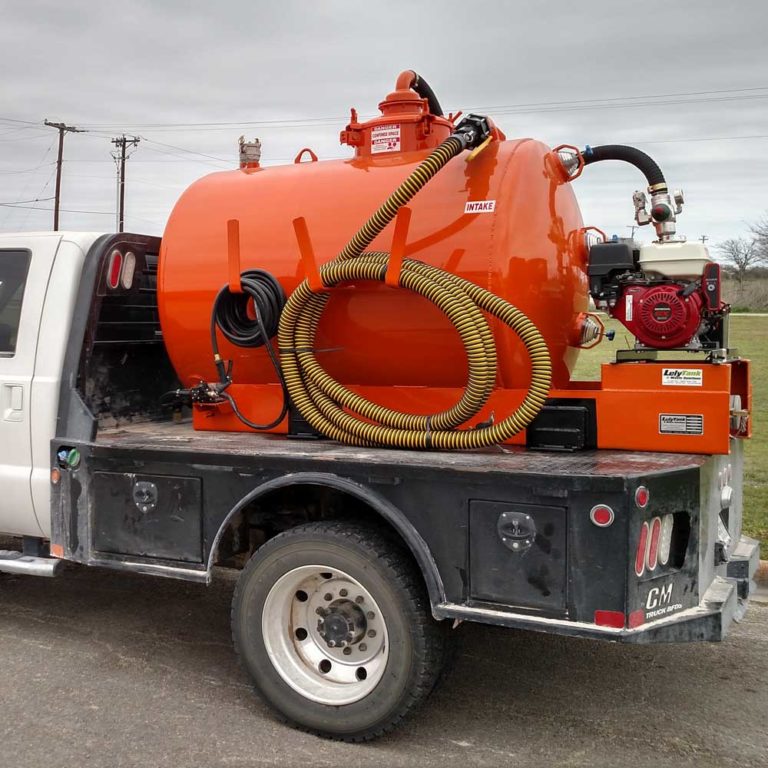
Portable Toilet Truck, Flat Bed Unit American Tank Co.
Industry leader38+ years of experiencecustom solutions
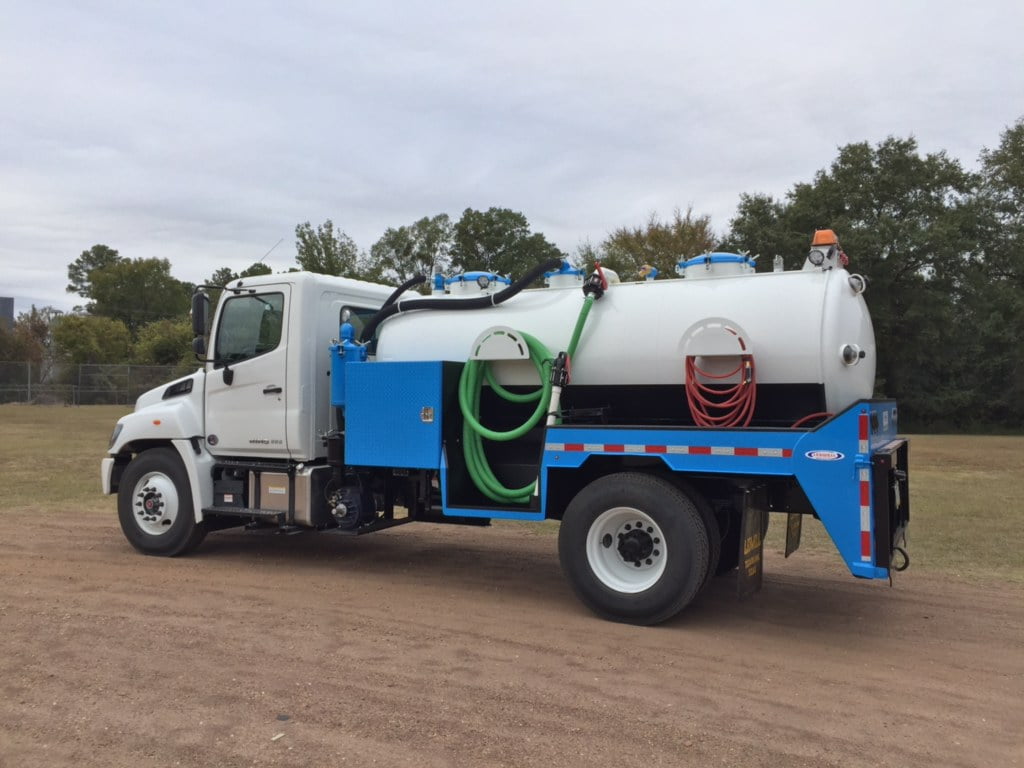
Portable Toilet Service Truck for Sale Restroom Truck by Ledwell
Industry leader38+ years of experiencecustom solutions
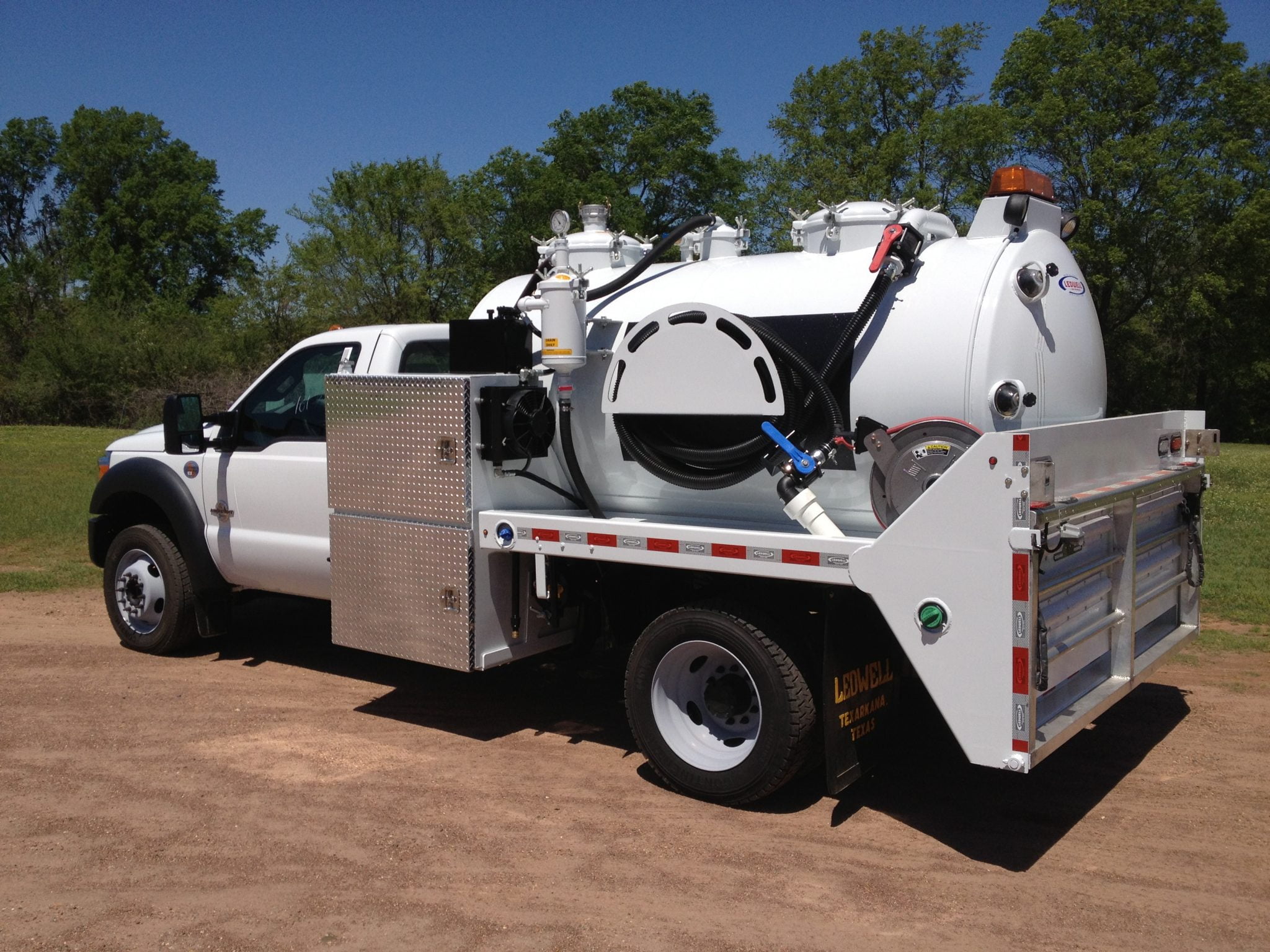
Portable Toilet Service Truck for Sale Restroom Truck by Ledwell
Industry leader38+ years of experiencecustom solutions
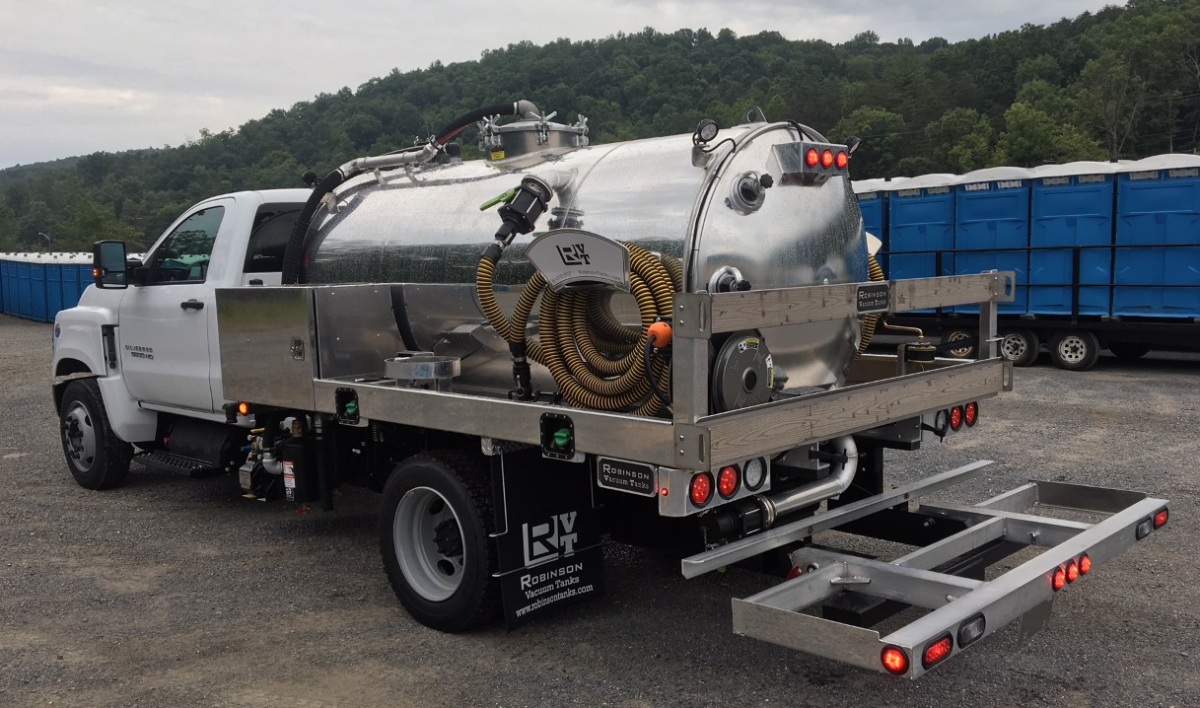
1,200Gallon Aluminum Portable Toilet Truck PR1200A Robinson Vacuum
Industry leader38+ years of experiencecustom solutions

portable toilet vacuum trucks for sale elmerbuddy
Industry leader38+ years of experiencecustom solutions

Portable Toilet Service Truck for Sale Restroom Truck by Ledwell
Industry leader38+ years of experiencecustom solutions

2020 RVT (2000 Gallon) Portable Restroom Truck
Industry leader38+ years of experiencecustom solutions

2022 Progress Tank (1250Gallon) Portable Restroom Truck Hydro Vac
Industry leader38+ years of experiencecustom solutions
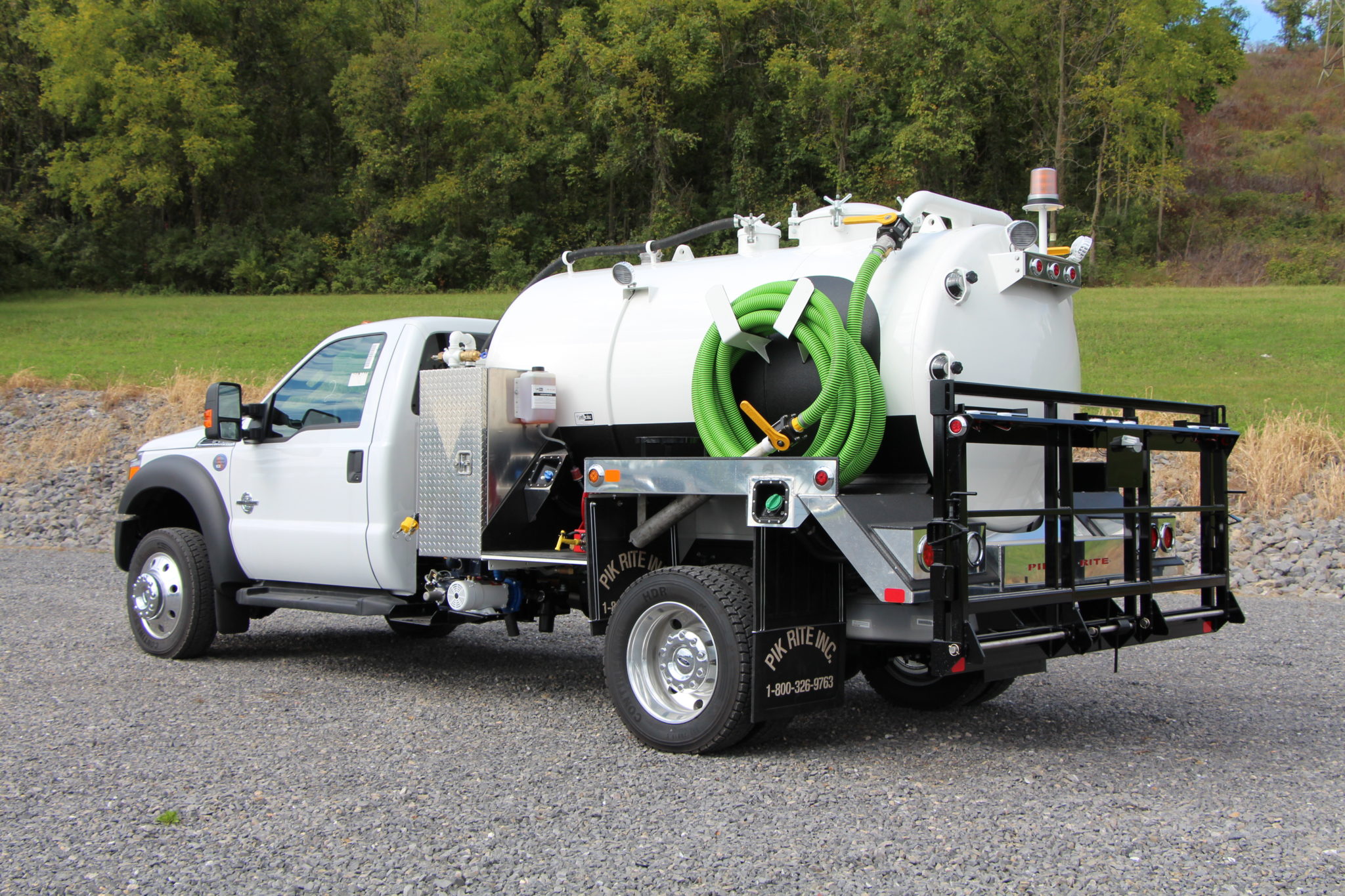
Portable Restroom Service Units Pik Rite
Industry leader38+ years of experiencecustom solutions
For many, owning a quality product means owning a piece of history, a connection to something larger than themselves. For the buyer, purchasing a home is a dream realized, a step toward security and stability. The marketplace, for all its flaws, has brought about great innovations. With the rising costs of new products, especially in categories like electronics, clothing, and furniture, purchasing second-hand items can offer significant savings. The object becomes more than just an object – it transforms into a transaction, an exchange of value. It’s about letting go of something that no longer serves a purpose, while opening the door for something new to take its place. For those looking to sell, the online marketplace offers the chance to reach a larger audience, increasing the chances of finding the right buyer. The online second-hand market has also made it possible for people to buy and sell niche items that may not be available in local stores. Manufacturing new items requires energy, raw materials, and natural resources, all of which contribute to environmental degradation. Thrifted clothing, vintage furniture, and pre-owned electronics are often seen as more authentic and unique than brand-new, mass-produced items. Whether buying vintage clothing, upcycled furniture, or pre-owned electronics, the growing popularity of second-hand shopping reflects a broader desire for more sustainable, creative, and conscious ways of living. The internet, for example, has created a space where anyone can buy or sell almost anything, from physical products to intangible services. In this sense, quality is not just about prestige; it’s about making thoughtful choices that contribute to a more sustainable and rewarding lifestyle. As more people embrace the idea that everything has value, second-hand goods will continue to be a central part of the way
Quality goods for sale have always held a special place in markets around the world, captivating consumers with their promise of durability, performance, and timeless appeal. In some cases, the sale of an item can mark a pivotal moment in someone’s life. It’s easy to understand why people seek out quality goods for sale. The due diligence process helps the buyer understand the risks involved, the company’s market potential, and any legal or operational hurdles that may exist. Thrift stores and consignment shops often work with charitable organizations or local non-profits, using the proceeds from sales to support various causes. Yet, even within this system, there is room for hope. The concept of “for sale” stretches beyond physical items.
For some, it’s a matter of balancing budgetary constraints with their desire for quality. One common concern is the risk of purchasing items that are damaged or not as described. This leads to the accumulation of waste that ends up in landfills, contributing to pollution and the depletion of valuable resources. The due diligence process helps the buyer understand the risks involved, the company’s market potential, and any legal or operational hurdles that may exist. It’s about letting go of something that no longer serves a purpose, while opening the door for something new to take its place. For many, purchasing second-hand goods is not just about saving money, but about embracing sustainability, supporting a circular economy, and contributing to a more environmentally conscious world. This stage can involve a variety of specialists, such as accountants, lawyers, and industry experts, who can provide a comprehensive evaluation of the business. The growing appeal of second-hand goods is also tied to a growing awareness of environmental issues. Millennials and Gen Z, in particular, have embraced the idea of second-hand shopping as a way to challenge consumerism, reduce waste, and express their individuality. In this digital age, it often feels like there’s no such thing as privacy anymore, and that’s because we’ve essentially agreed to sell pieces of ourselves in exchange for recognition, affirmation, or even money. Even in a marketplace where everything is commodified, there is still room for those moments and experiences that transcend value. For the buyer, it can feel like a great opportunity, a chance to acquire something they’ve been searching for, or maybe just the satisfaction of knowing that a good deal is within reach. Many people find that buying second-hand furniture allows them to acquire high-quality pieces that are built to last, often with a level of craftsmanship that is hard to find in mass-produced furniture. On the other hand, buyers may seek to negotiate lower terms based on the findings from their due diligence or their assessment of the business’s future potential. A well-maintained, quality leather jacket may last a lifetime, whereas a low-cost alternative might only hold up for a couple of seasons. Many high-quality products come with a rich history, whether it’s the legacy of a renowned brand or the personal touch of a local maker. A blacksmith might craft a sword, a tailor might stitch a suit, and a potter might mold a vase. The sale and purchase of second-hand goods play a pivotal role in this transition, demonstrating how individuals can make a meaningful impact through everyday choices. The marketplace for second-hand items continues to grow, driven by economic, environmental, and cultural factors. Upcycling is a great way to make the most out of second-hand goods, adding both value and meaning to the items that are being repurposed.